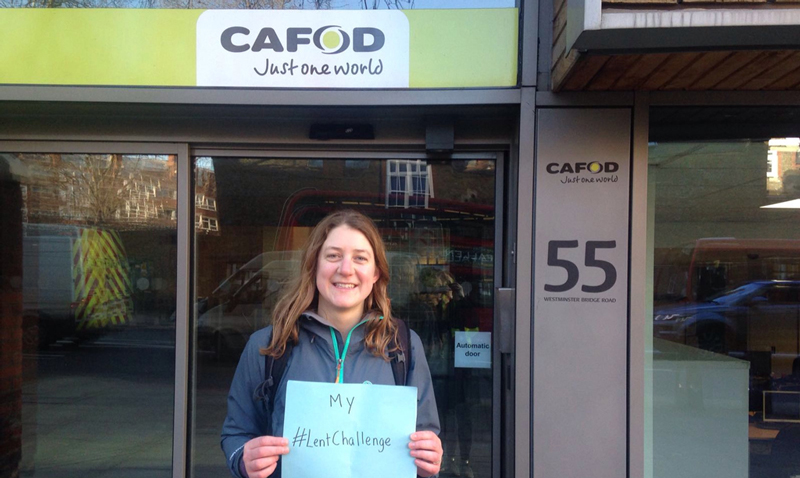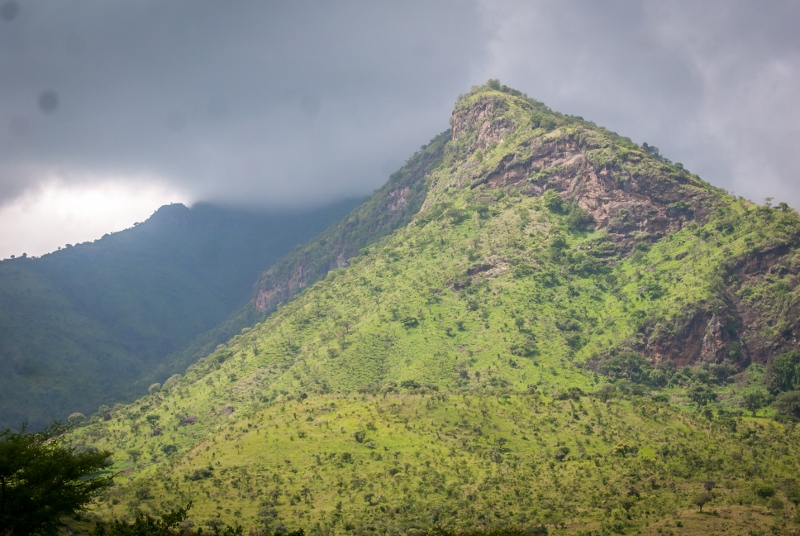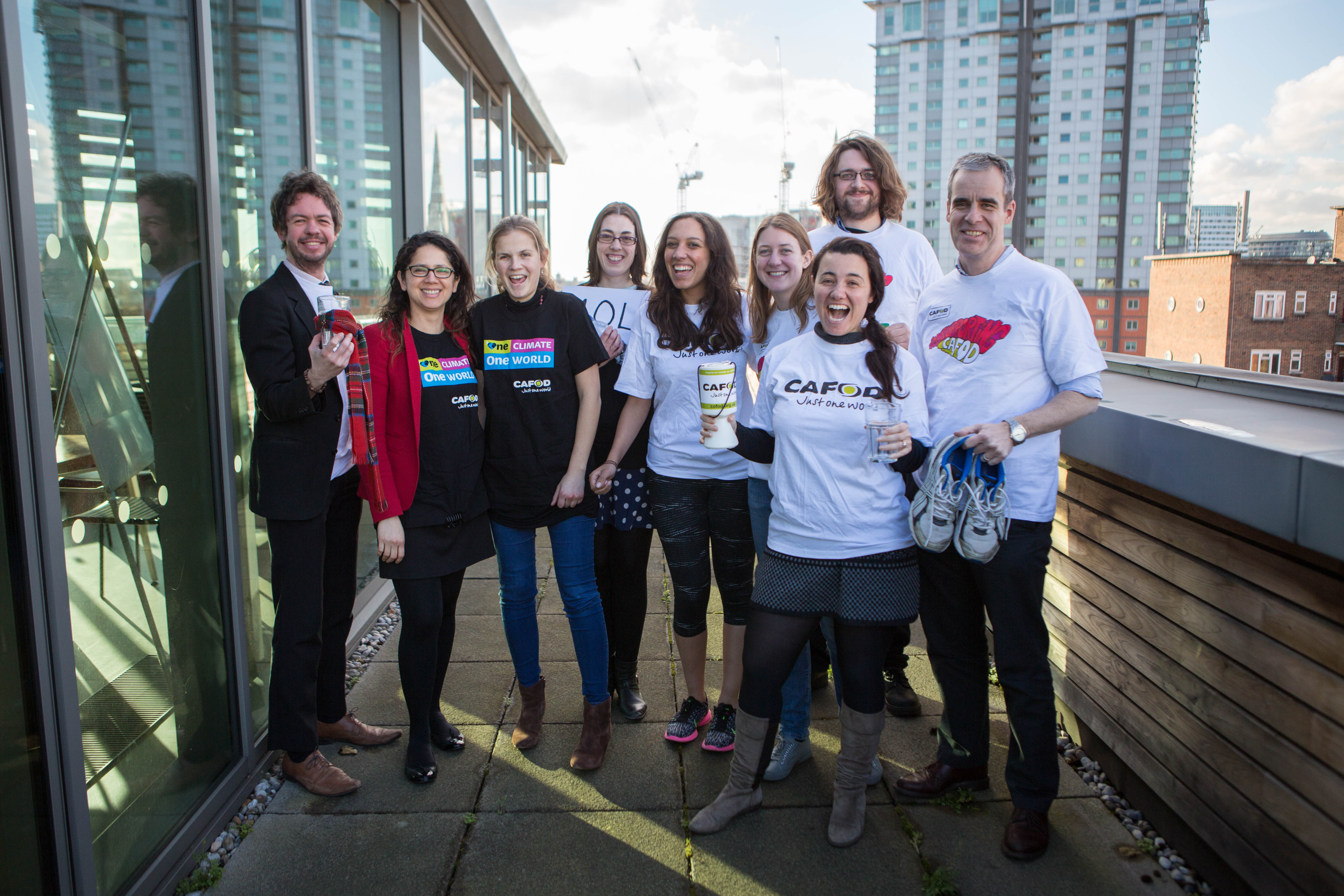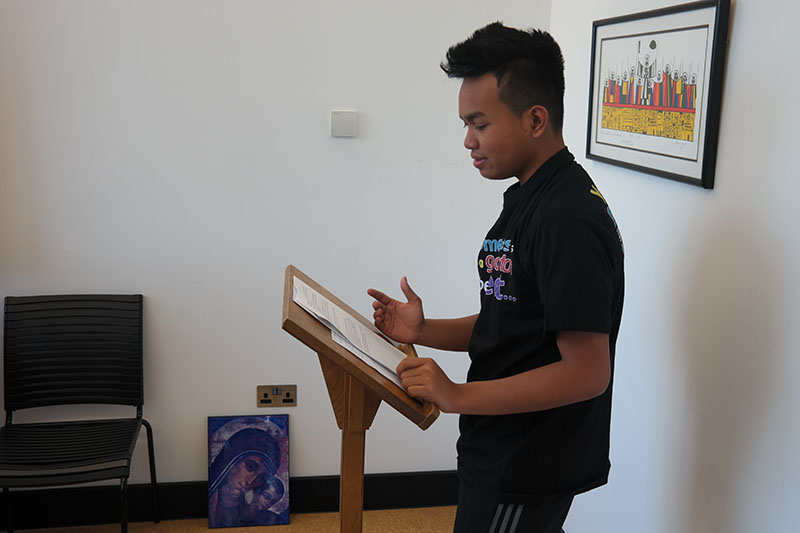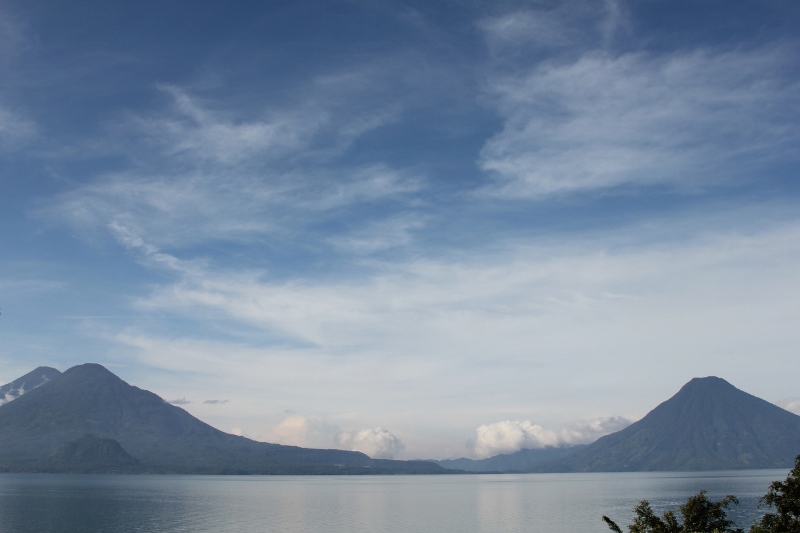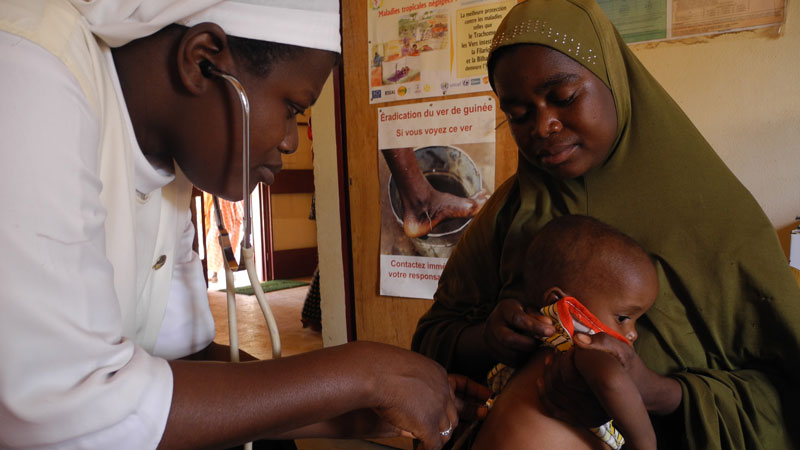Lent 2016: travelling through the wilderness
February 29, 2016
Michel Roy, Secretary General of Caritas Internationalis, reflects on Pope Francis’ Lenten message. Please donate to the CAFOD Lent Appeal today to help communities who struggle to find clean and safe water.
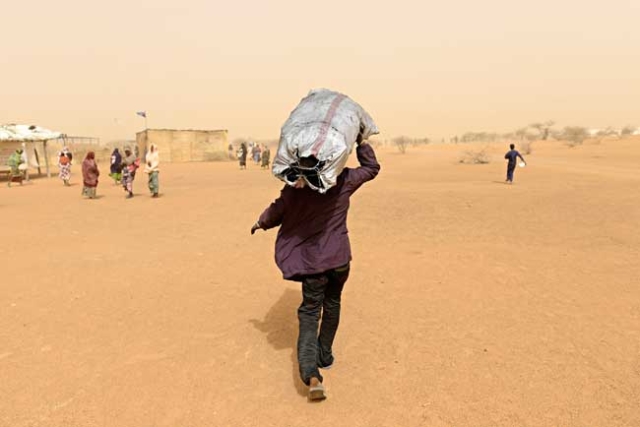
If I had to go on a long journey through a desert alone I’d make sure I had water, food, clothes to protect me from the sun, medicines and a tent. But having a companion for the journey would also be important because on a tough journey, having someone by your side always makes things easier.
During Lent, you may go on your own “journey into the wilderness”. It is a time for self-exploration and understanding, it is a time for just packing the essentials in your life. It is also a time for transformation of our hearts and for preparation for the great moment of joy and rebirth which is Easter.
How are you marking Lent 2016? Share your stories on Facebook or Twitter and read about CAFOD staff’s Lenten water challenges.
Millions of people that Caritas agencies help around the world are in perpetual deserts. They flee wars or live in poverty, they are sick or they have been imprisoned. They’ve been made to focus on what’s essential in their lives as they have nothing else. Caritas provides not only for their material needs, but also love and companionship on their trip through the wilderness. Continue reading “Lent 2016: travelling through the wilderness”

